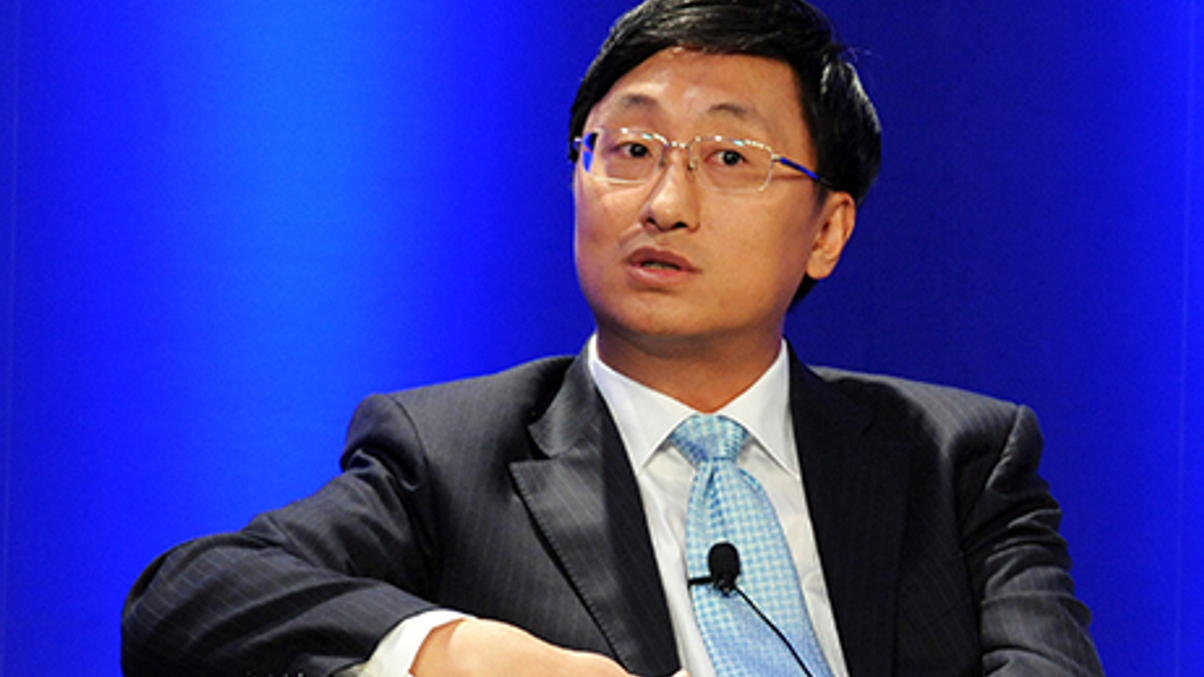CIC seen rebuilding management team
China's sovereign wealth fund has reportedly appointed another senior executive, as it seeks to bring its management up to full strength following a period of staff upheaval.

China’s $814 billion sovereign wealth fund has reportedly named Liu Jun as executive vice president as it moves to replenish its senior executive team after several senior departures since early 2015.
Sign in to read on!
Registered users get 2 free articles in 30 days.
Subscribers have full unlimited access to AsianInvestor
Not signed up? New users get 2 free articles per month, plus a 7-day unlimited free trial.
¬ Haymarket Media Limited. All rights reserved.


